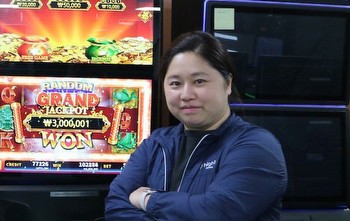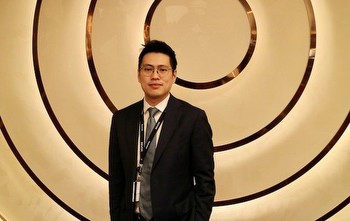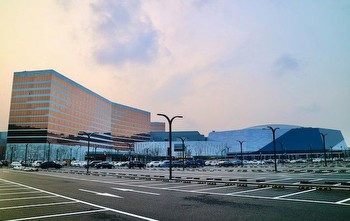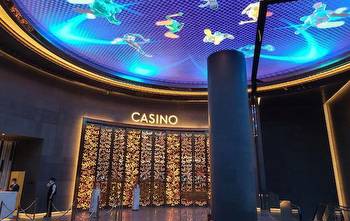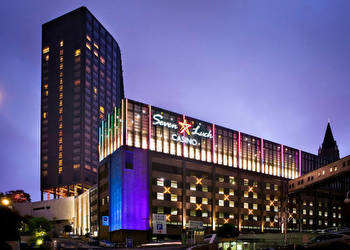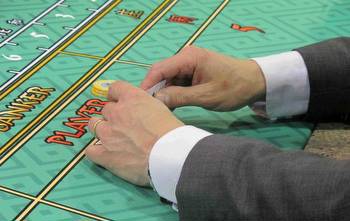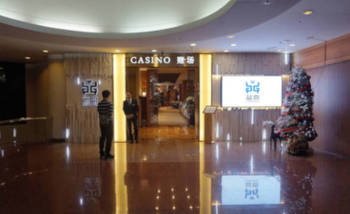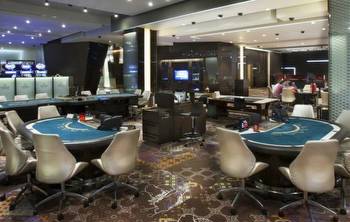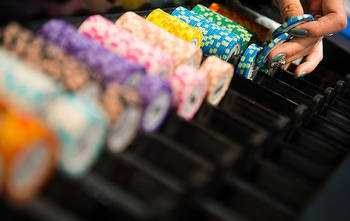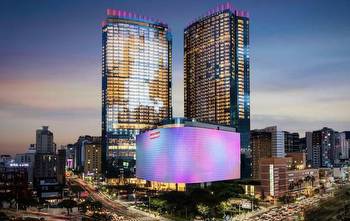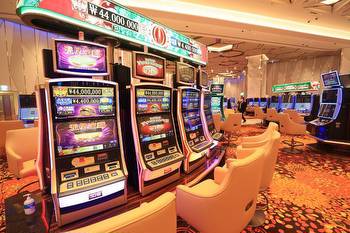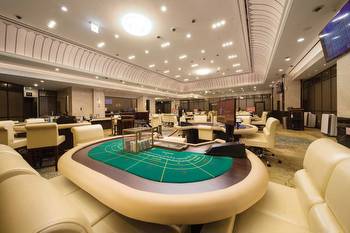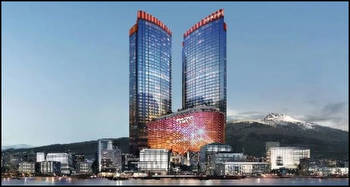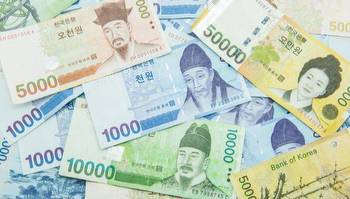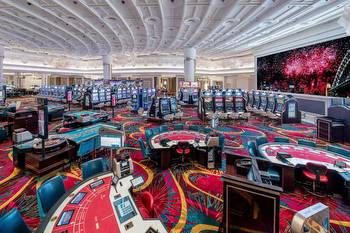Casino island Jeju drops remote betting idea says local govt
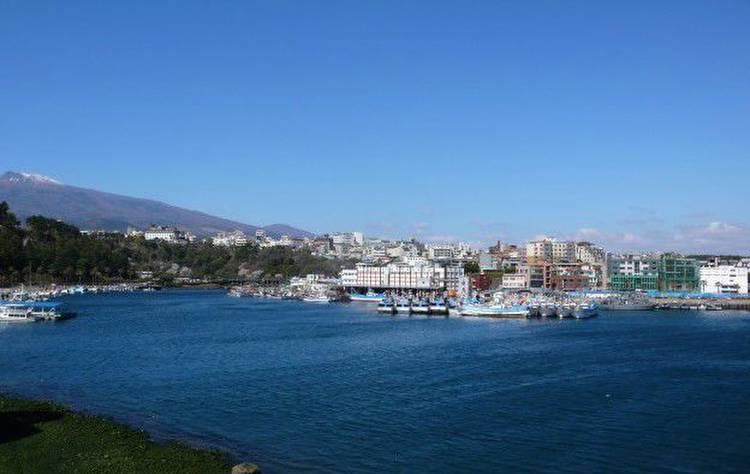
Jeju island (pictured), a South Korean gaming jurisdiction, says it has dropped for now the idea of trying to have what it terms “proxy betting” offered via the floors of its foreigner-only casinos, citing a lukewarm response from the industry.
Another topic for the local industry – whether more land-based licences might be granted on the island – is again a matter of public discussion, after the appointment of a new Jeju governor on July 1. Governor Oh Young-hun’s predecessor was opposed to issuing new licences. Mr Oh has not so far declared a stance.
GGRAsia was given the information by Son Minho, assistant director of the Jeju government’s Tourism Industry Division, during a visit to the island. In June last year, the local government had told GGRAsia it was still studying the remote gambling idea.
Referring initially to foreigner-only casinos on the South Korean mainland, Mr Son told GGRAsia in the latest update from the Jeju authorities: “Firstly, the country’s inland casinos are not interested in proxy betting; secondly, it might cause diplomatic and technical troubles if adopted. Lastly, the pandemic is over, so that the Jeju casino industry isn’t pursuing it… anymore”.
Jeju Special Self-Governing Province has had since 2009, certain regulatory powers for its casinos. The island has currently eight licensed venues. Until January the body responsible for the island’s casinos was defined as the Casino Policy Division.
The “diplomatic” concerns mentioned by Mr Son were understood to relate to the attitude of overseas governments, some of which do not consider online gambling an authorised activity for their citizens. South Korea as a whole has 17 land-based casinos, but only one – Kangwon Land – is permitted to offer gambling to South Korean nationals.
In autumn 2021 – amid the Covid-19 pandemic – a South Korean lawmaker had suggested the entire South Korean foreigner-only casino sector should be allowed to introduce remote gambling for overseas customers, to compensate for the loss of overseas-tourist business. Within the casino industry, ‘proxy betting’ is a particular form of remote betting, usually where a person present in a bricks-and-mortar casino acts as a ‘proxy’ to make bets on a live game on behalf of a customer not physically present in the venue.
Machine inspection, AML checks
Mr Son mentioned to GGRAsia some of the other gaming-related work of the Tourism Industry Division. He said that since 2021 it had “inspected” – understood to relate to regulatory compliance work – a total 1,152 casino video games and slots for use on the island. Mr Son said this was done in-house instead of outsourcing such work. Fees charged for such scrutiny had raised KRW133 million (approximately US$103,841), and saved KRW56 million that would otherwise have been spent on external consultants.
The division also had been performing anti-money laundering (AML) inspections, as well overseeing the entry of table games new to the local market. They include the card games niu niu, a game in which players compete against the hand of the dealer; and “BROG”, described as a trademarked game with four rounds of play on a single bet.
Niu niu tables are already installed at the casino of the Jeju Shinhwa World resort. BROG tables might be placed there in August, according to the Tourism Industry Division spokesman.
The department also told GGRAsia that the former Yalanwan Casino, which has relocated to Lotte Hotel Jeju from the Jeju Shilla Hotel, has switched its name to “Seven Star Casino”.
Regarding other work by the division, Mr Son said that some of its officials were scheduled to visit Osaka, Japan, this month – accompanied by representatives of Jeju’s eight casinos, as well as some local tourism firms – to promote the Jeju casino market.
Mr Son noted there was a direct air service between Osaka and Jeju. The Japanese metropolis is due to have its own US$10-billion integrated resort (IR) with casino, though it is not likely to open until 2030 at the earliest, according to recent statements by Osaka’s governor.
The Jeju official said that the island’s government did not regard the advent of a casino industry in Japan – which will be open to local players there – as a “zero-sum game” for South Korea. Japanese customers have historically been important to South Korea’s casino sector.
Mr Son stated that in his own view, “contrary to what many South Korean news outlets have reported, an Osaka IR would not be a zero-sum game, but a great chance to extend the size of the east Asian casino industries”.
Jeju’s Tourism Industry Division also plans promotional tours in the autumn, to Singapore, Malaysia and Thailand: places that already had – or were expected to have soon – direct flights to Jeju.








